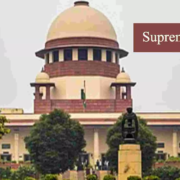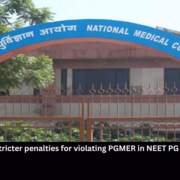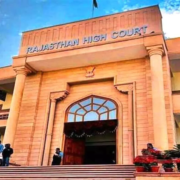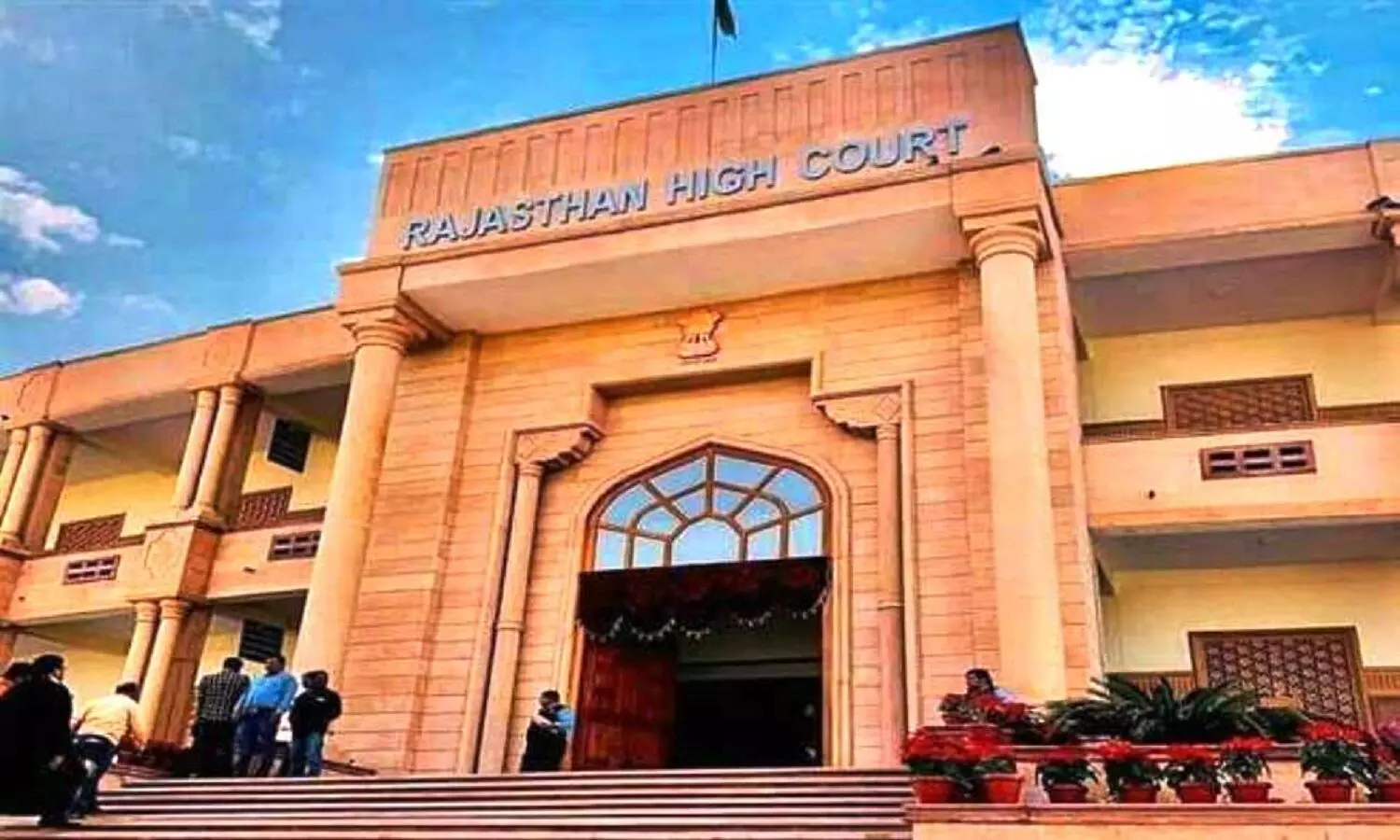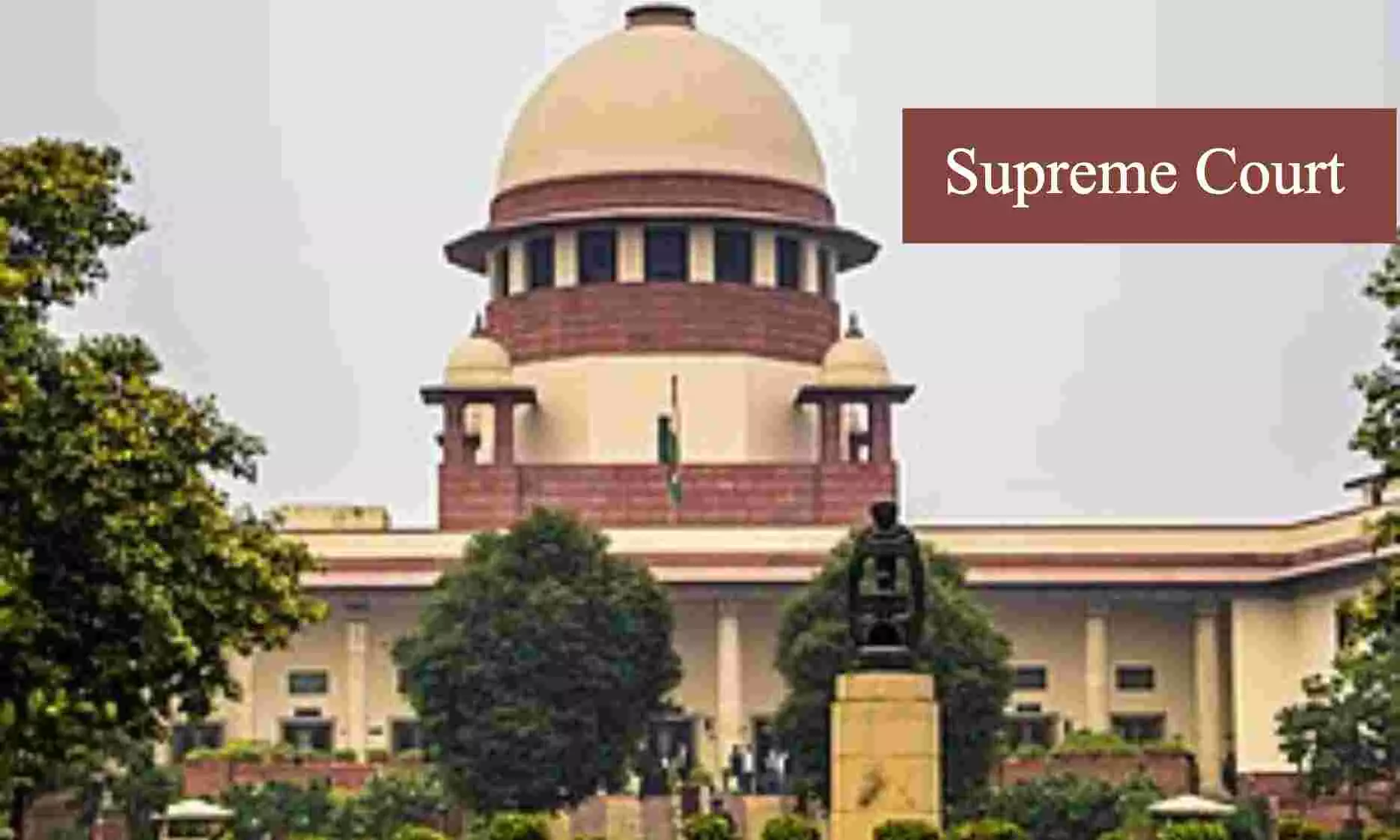
New Delhi: The Supreme Court recently held that even though courts have power to make orders directing to keep medical seats vacant at medical colleges, they should exercise great caution while doing so.
“If provisional admission seats are not to be given casually, the said principal should also apply for directions to keep seats vacant. Only if there is a cast iron case for the petitioner and the petitioner is bound to succeed in cases where the error of the respondent authorities is so gross as to negate any other conclusion, interim orders keeping seats vacant could be made,” opined the top court bench comprising Justices BR Gavai and KV Vishwanathan.
Further, the Court opined that even in rare and exceptional cases where orders are made to keep the seats vacant, the courts should make every possible endeavour to dispose of the matter before the completion of the counselling for admissions.
“Additionally, even if the Writ Petition/Appeal succeeds, but if the matter could not be disposed off before the deadline the seat may still go vacant. It should not be forgotten that while the recurring and non-recurring expenditure for a college remains the same, a vacant seat will deprive the college of the fees to that extent, not just for one year but for the whole course, which could be four, five or more years,” the Supreme Court bench pointed out.
Such observations were made by the Supreme Court while considering the cases of two medical colleges, which were ordered by the High Court to keep medical seats vacant. Ultimately, these institutes suffered losses due to the said seats remaining vacant.
However, while considering their cases, the Supreme Court recently paved the way for monetary reimbursement by adjusting the fees proposed by the colleges for successive batches.
Both these colleges were ordered by the Director of Medical Education to keep one MBBS seat vacant with a direction that the said seat would not be included in the College Level Counselling (CLC) Round for the academic year 2023-2024. These directions were issued based on an interim order dated 22.09.2023 passed by the High Court.
Later, both these pleas were dismissed denying relief to the petitioner students. Consequently, the colleges were caught in the crossfire in their attempt to intervene. Having failed in the High Court, the courts filed a plea before the Supreme Court seeking a compensatory seat in the subsequent academic year. Their case was that because the seat was kept on hold, they were deprived of the opportunity to fill that seat. Their grievance was that the consequential loss had befallen solely on them due to an act of the court.
The colleges contended that the seat which was directed to be kept vacant became wasted since the pleas could not be disposed of before the cut-off date for admissions. They contended that the vacant seat would result in underutilization of resources, wastage of resources causing financial harm to them and resulting in meritorious candidates being denied admission to that seat.
While the colleges prayed to the Supreme Court top grant a compensatory additional seat for the ensuing academic year, the authorities contended that the authorities did not have any role in the matter and it was the order of the Court which was duly carried out and no liability could be fastened on them.
While considering the matter, the Apex Court referred to the interim order directing one seat in the counselling to be kept vacant as “cryptic” noting that in both these matters, neither the prima facie case nor the balance of convenience and irreparable loss aspects were discussed.
“This Court had time and again reiterated that in cases where the court is inclined to grant interim relief, at least a brief prima-facie assessment as to why the case warranted an interim protection needs to be discussed. Equally, the balance of convenience and the irreparable harm aspects are also to be briefly discussed in the order. These are well settled principles for adjudication of interim reliefs. The High Court, in both the matters before us, has wholly ignored these principles,” noted the Supreme Court bench.
Apart from this, the Court also pointed out that it repeatedly held that a medical seat has life only in the year it falls due and that too till the cut-off date is fixed. It pointed out that there are stringent regulations of the National Medical Commission (NMC) providing that admission can only be made by the medical colleges within the sanctioned capacity for which permission/recognition has been granted.
“No doubt, in rare and exceptional circumstances, courts can direct increase in seats for the same academic year not exceeding one or two seats, if it finds that for no fault attributable to the candidate and for the fault on the part of the authorities, the candidate has suffered. This Court has also held that if in the same year, the candidate cannot be accommodated, the Court can mould the relief and direct the admission to be granted in the next academic year,” it observed.
Besides, the Court also noted that it has frowned upon the grant of provisional admission unless the court is fully satisfied that the petitioner has a cast iron case which is bound to succeed or the error is so gross or apparent that no other conclusion is possible, adding that “Even there, the court has opined that a short notice to the respondent ought to be given and after hearing the other side, in an exceptional case fulfilling the criteria prescribed necessary orders can be made.”
At this outset, the Court opined that seats should not be kept vacant casually and such interim orders keeping seats vacant should be made only if there is a cast iron case for the petitioner.
“Though courts have power to make orders directing seats to be kept vacant in such cases, great caution and circumspection should be shown in exercising the power. In appropriate cases, even where the said exceptional criterion as set out above is met, the court will be justified in directing the petitioner to provide security, to the concerned college-institution where the seat is ultimately directed to be kept vacant or on whom ultimately the liability of the vacant seat would fall. The security is to guarantee that in the event of the Writ Petition/Appeal being dismissed and the seat going unfilled for the academic year the Petitioner/Appellant would make good the loss which the college may incur financially,” noted the top court bench, adding that even when such orders are made to keep the seats vacant, the Courts should make every possible endeavour to dispose of the matter before completion of the counseling.
“…these safeguards are essential to restitute the colleges which may have suffered for no fault of theirs. It is well settled that if on account of an act of a party persuading the court to pass an order, which at the end has been held not sustainable and if in the process one party has gained an advantage which it would not have otherwise earned or the other party had suffered an impoverishment, restitution can be made. This Court had held that the principle of restitution is not excluded from its application to interim orders,” the Supreme Court bench further observed.
“This Court has also held that the maxim actus curiae neminem gravabit will apply in such a scenario, and orders of restitution can be passed directing the party which obtained the advantage to compensate the party which suffered the disadvantage,” noted the Court.
Applying these principles to the facts of the present case, the Supreme Court bench found that the vacant seat ordered could not be filled because by the time the pleas were disposed of, the counselling had concluded and the cut-off date for admissions was also over. Noting that the colleges will have to carry the vacant seat for the entire duration of the MBBS course, the Court observed that while in the first case, the plea was dismissed, in the second case, at the student’s behest, the High Court order was set aside and the student was accommodated for the succeeding academic year. However, even in that case, the seat could not be filled and continued to remain vacant.
Accordingly, to serve the justice, the Supreme Court bench granted liberty to the medical colleges to make a representation to the Fee Fixation Committee/Fee Fixation Authority of the State highlighting the vacancy caused due to the interim order of the High Court.
“If such a representation is made, the Fee Fixation Committee/Fee Fixation Authority shall, while fixing the fees for college (for future batches) reckon the deficit in fees that has resulted due to the single vacant seat and fix the fees by adding such amount to the total fees proposed to be fixed which will restitute the colleges monetarily,” it ordered.
“Considering that it is a single seat and since the fee will be spread over for a period of five years, the financial impact on whom the burden will fall will be marginal, in proportion to the total fee payable. On the current facts, we find that this is the best possible option, to neutralize the effect of the interim orders which have operated to the prejudice of the colleges,” noted the top court.
To view the order, click on the link below:
https://medicaldialogues.in/pdf_upload/supreme-courtjudgement07-nov-2024-260300.pdf
Also Read: Even a single Medical seat must not remain vacant: SC slams MCC, Centre over 1,456 vacant NEET PG seats



